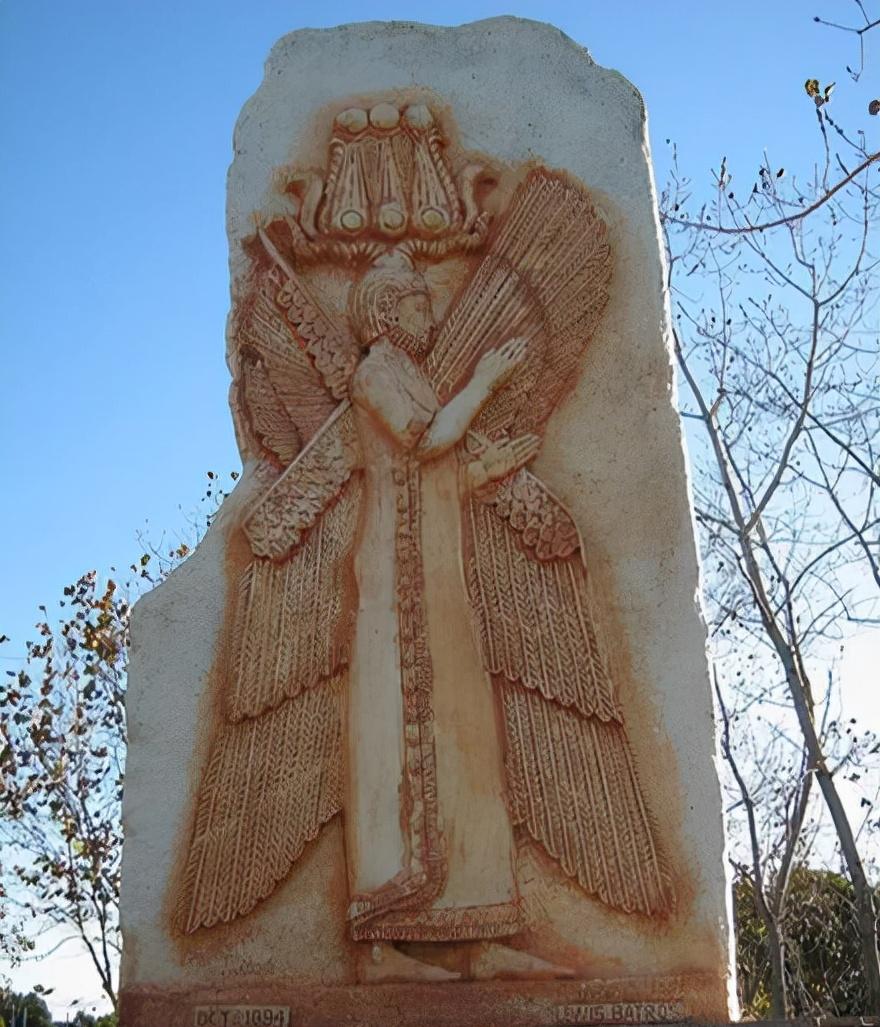Persian Empire
Also known as the Achaemenian Empire, this kingdom expanded from Iran to Central Asia and Egypt under Cyrus the Great

Han Dynasty
China's Han Dynasty was founded in 206 BC and lasted for more than 400 years, extending from China to Vietnam and Korea
Umayyad Caliphate
In 632 AD, the Umayyad dynasty, founded after Muhammad's death, covered more than 4 million square miles and became one of the largest empires in history
Mongol Empire
The Mongol Empire was one of the largest consecutive territorial empires in history, handed down from the 13th to the 14th century AD. It originated as a collection of nomadic tribes in Central Asia, and in its heyday extended from Central Asia to Central Europe and the Sea of Japan. The most famous leader of the empire was Genghis Khan, who founded the empire in 1206 AD.
Ottoman Empire
From the 16th to the 17th century, at the height of the Islamic Empire, Suleiman magnificently encompassed parts of three continents: southeastern Europe, Western Asia, and North Africa. The Ottoman Empire collapsed in the early 20th century.
The Spanish Empire
At the end of the 18th century, the Spanish Empire, in its heyday of 5.3 million square miles, had enormous economic and military power
Russian Empire
It reached its peak in 1895. The Russian Empire covers an area of 8.9 million square miles. Because of its size and influence, the Empire played an indispensable role in Napoleon's hesitation to conquer Europe.
The British Empire
To the greatest extent, the British Empire accounted for a quarter of the Earth's population in the early 20th century. Many colonial territories later gained independence, although some of them remained part of what is today known as the British Commonwealth.